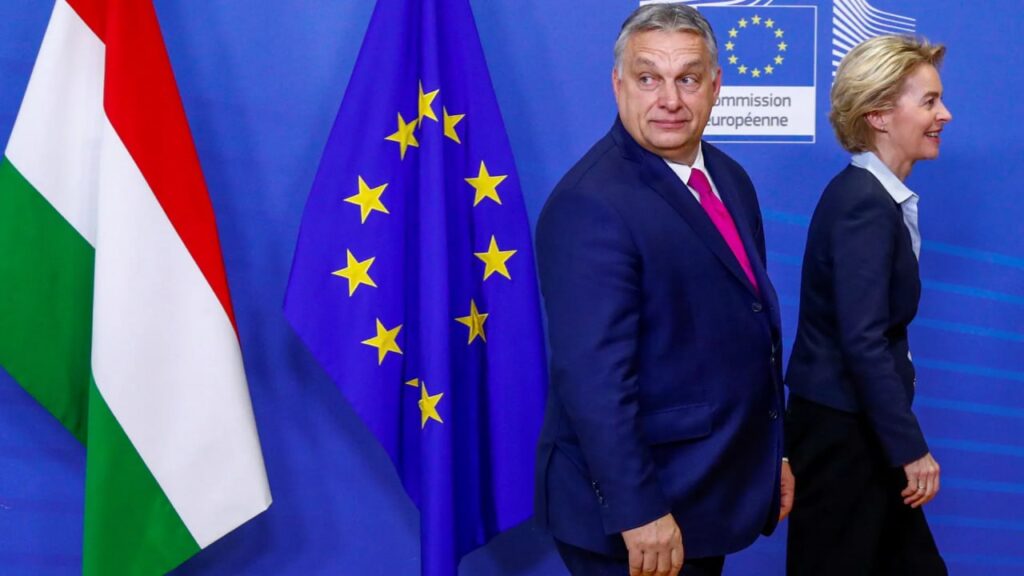Member States Fear EU’s Unity Shaken by Workaround on Ukraine Aid
A Precedent Set in Precarious Times
France and Germany, along with several other EU nations, have drawn the line on a recent EU plan to bypass Hungary’s veto on Ukraine aid. Diplomats in Brussels find themselves wrestling with a core question: can one member’s holdout break the EU’s unified stance on foreign policy? The European External Action Service (EEAS) has proposed a workaround to Hungary’s veto, allowing for voluntary contributions rather than unanimous decisions. This seemingly practical move stirs unease across the EU’s top players. For many, Hungary’s opposition to further aid for Ukraine feels like a stone wall, but others worry that bypassing this wall may do more harm than good.
Tipping the European Peace Facility Scale
The European Peace Facility (EPF) serves as a vital fund to compensate EU nations for arming Ukraine. Right now, contributions to the EPF are mandatory, scaled to each member’s economy. Hungary’s veto stalls €6.6 billion in aid, creating a logjam with serious consequences. France and Germany fear that bypassing Hungary’s veto would set a troubling precedent, one where unity becomes optional rather than essential. Critics wonder if one break could lead to many, ultimately dismantling the EPF as a foreign policy tool.

Borrell’s Balancing Act
EU foreign policy chief Josep Borrell finds himself in the eye of this diplomatic storm. Earlier this month, he unveiled the plan to allow voluntary contributions to the EPF, sidestepping Hungary’s veto power. But, with the bloc’s cohesion at risk, Borrell faces a critical dilemma: should the EU flex its collective muscle or respect each nation’s voice, no matter how dissenting? For Borrell, the clock ticks loudly. Member states have yet to fully back his proposal, and unanimity is required.
Russia Watches Closely
Hungary’s veto doesn’t just affect Europe. Russia, keeping a close watch, sees arms supplies to Ukraine as NATO’s intervention in the conflict. For Moscow, EU aid to Ukraine is “playing with fire,” according to Foreign Minister Sergey Lavrov. He warns that shipments to Ukraine risk becoming legitimate targets for Russian forces. With the stakes high, France and Germany wonder if pushing aid through without consensus might not only fracture EU unity but also fan the flames of international tension.
What Comes Next?
Will the EU’s resolve hold, or will Hungary’s dissent fragment the bloc’s united front? France and Germany aren’t convinced this is the way forward, fearing the gamble risks the EPF’s credibility. Borrell’s next steps remain uncertain, but one thing is clear: every member’s voice matters in the EU.




